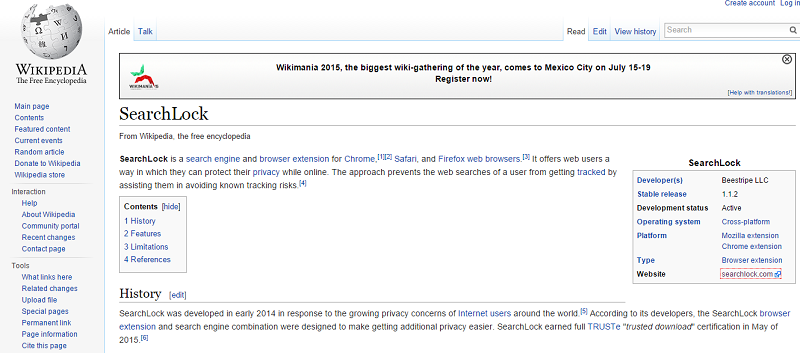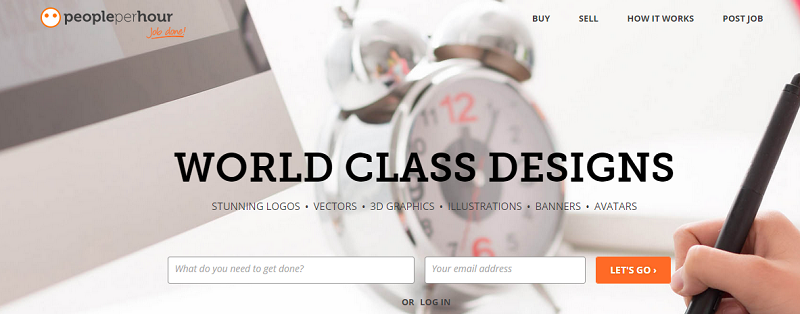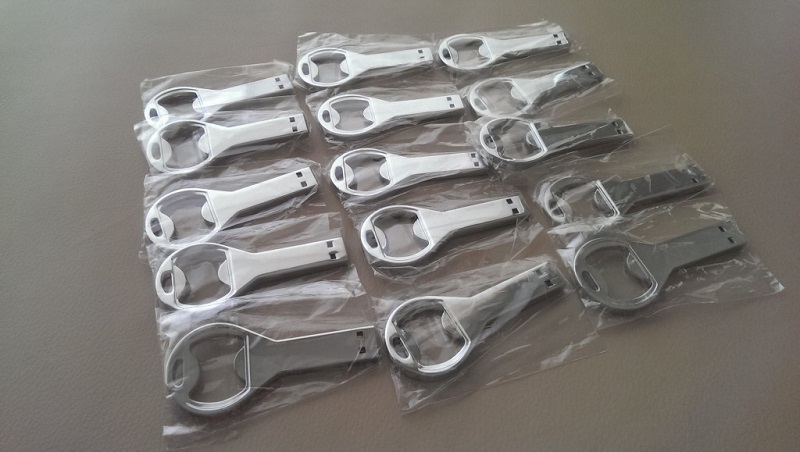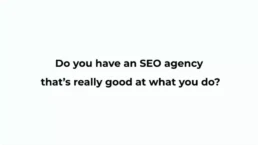by Venchito Tampon Jr | Last Updated on October 24, 2021
Link building is one of the most important development processes in online marketing, specifically in helping the site’s key pages rank for targeted keywords resulting to more discovery of the information and context of the brand.
Moz concludes that links would still be valuable in ranking a page(s) in search results, especially for non-competitive phrases, leaving no pages rank without at least one webpage linking to each of them.
Links are considered as a valuable elements on the web, as they help web searchers to find more relevant resources by clicking on webpages attached to the content they’re reading through. These serve as a source of web traffic and converting customers who are ready to purchase a product/service from a linking brand.
Different businesses across industries had started investing in link development campaigns given that they already see the value in this online marketing practice as links don’t just pass ranking signals to site’s page(s) but make the brand more relevant and important to its industry (brand recognition).
In reality, not all big brands had already maximized their resources to the extent that they have the highest dominance in the market share.
Here are a few reasons why large websites couldn’t dominate their own industries’ market shares despite having more than enough resources in their campaigns:
- Weak connections with bloggers and industry content creators leading to low number of editorial links acquired every single month.
- Not understanding the right market segments – this results to low percentage of conversions when doing a linker outreach campaign.
- Using all available resources (i.e. budget) on a one-time blogger outreach campaign (e.g. giveaways or product reviews).
Link building campaigns for large websites should be planned strategically – maximizing all the efforts exerted by the team, utilizing available resources of the brand (images, partnered organizations and associations, offline events, etc..) and delivering the best value to linkable audiences through creating industry’s comprehensive guides.
Let’s take a look at some creative link building tips that can certainly skyrocket the number of links your brand could develop to its website over time.
Resource Inclusion
Publishing resource guides of any size and of any format (image, text, video, animated, etc..) is one of the well-known methodologies to guarantee high quality links to a specific site/page since the more you are perceived to be the authority of a certain market segment as you continuously produce informative content assets, the likelihood of earning contextual links from industry publishers and bloggers who’ll be referencing your content from their works would be much higher.
Contextual links earned from bloggers who would include the resource guide in one of their existing and/or future blog posts can boost the content’s page authority and can help the brand to absorb visitors from the linking blog/site.
One effective way to include your resource guide on other blog’s content is to pitch bloggers with this customized email template.
hoping to add a resource to your [ title ] article
Hi [Name],
I’ve been reading your site, www.domain.com and I’m hoping that you’ll take the time to look at a great resource that will fit in as a complement to your article on [topic].
We just written a post on offline branding that teaches you how to use promotional items to build brand recognition. So I thought this might be a really great additional resource for your audience.
Let me know if you’re interested in including our post.
Looking forward to hear from you!
Regards,
Venchito
A few reasons why this email copy works:
- The words in subject line are all lower case.
- The template includes the Name of the blogger and his/her Brand/Blog name.
- It specifically targets an article or page (title).
- It explains the reason why the resource guide should be included in the post.
- A polite statement is added at the end of the email, which serves as a call-to-action of the whole message. A yes/no question would only stop the conversation immediately.
- Straightforward and has stated the intention.
Here are other tactics that you can also apply to improve your outreach’s response and conversion rates:
- Leave a sensible comment on the blogger’s recent post. This gives him/her familiarity of who you are as a brand.
- Share the blogger’s latest post on your brand’s social accounts (e.g. Twitter). Make sure you tag his Twitter profile so he can receive a notification when you started to share his posts.
- Brainstorm an email template with your team members that you can test out for your target industry (see #4 actionable tip in this Ross Hudgen’s post).
- Schedule your email messages at the best time of the day and week (Tuesday to Thursday, 10 am to 3 pm). You can use Sidekick or Boomerang as your email scheduling tool.
- Test other value propositions in your outreach, such as fixing the code issues of one of their site’s key pages, setting up a new CDN for them, offering a new website layout (you can give them a premium website theme), doing a research for their upcoming post or purchasing or getting a royalty-free image for them (e.g. Stock and Stock).
- Find generic points in his blog and/or his about me/us page that is worthy of a mentionin order to spark a conversation.
- Share your latest brand achievements (the highest number of shares in your recent guest post on other blog, a contributed content for one of the authoritative publications in your industry, publications you have been featured in or active number of social followers).
- Request referrals from other bloggers to get immediate blogger outreach opportunities in your prospect list which you can easily tap via a simple email (you can include this statement – Jason referred you as one of the popular bloggers in the fashion industry).
Wikipedia Creation
Wikipedia is one of the top user-generated websites that allows web users to create their own branded pages for their businesses or websites, referencing their brand’s history, tools, features, experiences and other valuable information that can help news reporters and researchers to better understand their business/website as a whole.
Publishing your own branded Wikipedia page does help you in so many ways, such as:
- Improves your online brand reputation management. Seeing that web searchers would be able to find your Wikipedia page as one of the top ranking pages when searching for branded keyword(s), having a Wikipedia page for the brand would certainly develop trust and credibility across potential brand followers.
- Boosts the domain/page authority of your homepage, tools page and/or other web properties, such as Chrome/Mozilla extension add-on (if you’re offering a web-based tool). The links that you would be getting from Wikipedia will not only pass ranking power to linked pages but could also bring referral visitors who will likely reference your brand in their blogging works – if they are content creators.
- Helps the business/site earn hard-to-replicate links from news site authors and industry publishers, who are looking for stories and answers to questions for their future content piece. Since Wikipedia has its related page searches, it would be easy for researchers to find other brands in Wikipedia that are similar to their current reference/search.
There is one effective content creation process to get you create a Wikipedia page for your brand, especially if you’re working on several link development campaigns.
Here’s a sample Wikipedia page for one of our clients.
Step 1: Grab all the required information from your client.
Wikipedia has a standard format flow of information that you need to follow in order to publish a branded Wikipedia page.
You need to get the following branded details straight from your client:
- History of the brand
- Features of the tool/service
- Remarkable experiences of the brand
- Achievements and recognitions
- Founder’s name and his/her experiences starting out the company/website
You can simply ask these questions to your client or compile them into one document and shoot this over to him.
Step 2: Write up the Wikipedia page according to its formatting guidelines.
You can write the Wikipedia page by yourself with the given answers to questions above or outsource this task to a content writer, charging around $10 to $30.
Step 3: Hire an experienced editor to submit your entry to Wikipedia.
If you’re looking for scalability in creating Wikipedia pages to all established websites of your clients, then hiring an experienced Wikipedia editor could help you quickly run the process.
People Per Hour is an outsourcing website that has thousands of trusted and high quality virtual assistants with skills varying from content writing to web development.
Scaling Wikipedia content creation is easy by hiring an experienced Wikipedia content editor to submit your entry, following the site’s formatting guidelines.
Other useful resources:
Blogger Outreach Survey
Reaching out to bloggers is one of the most utilized content promotion tactics nowadays, seeing that this market group is easy to connect with (most responsive audience group) and have higher placement rate compared to other audience groups like corporate site owners, press release and news site content editors and other industry publishers.
Siegemedia recently published a guide on how to effectively pitch bloggers by first understanding their content calendar.
Actionable points that you can draw from the guide are the following:
- By understanding the average number of days industry bloggers are taking in advance for every blog post they write can help you get in front of that time period, pitch the blogger with your content asset and obtain a link from his blog.
- Planning your content creation process ahead of holidays, seasonable events and celebrations can give your team members a space for content promotion which can help increase placement rates on blogs.
- Determining what topics your bloggers really want to cover on their own blogs (i.e. breaking news) can help you create a “must” content piece that content publishers would be willing to include in their upcoming posts.
Pitching bloggers in advance for content ideation, resource/link inclusion in their upcoming online magazines and coverage for their news/stories is a sure-fire way to increase blog placement rates and continuously develop relationships with content creators.
More blogger outreach guides:
- Building Brands and Links with Blogger Outreach
- The Content Outreach Pyramid: How to Get in Front of Your Targets
- Alternative Approaches to Improve Blogger Outreach
Relationship Link Building
Relationships signals editorial links which can’t be replicated by your competitors. What most link building agencies fail is not being able to maximize their existing connections with partnered associations/organizations, bloggers, content creators and co-industry experts, to the extent that they can’t influence a certain market segment in the industry resulting to lost link opportunities.
There are many methodologies that can help develop relationships with old and new bloggers and content creators:
- Send valuable gifts to active bloggers in the industry. Here’s a case study from last year by James Norquay on how to gain contextual links, mentions and social shares to your brand/site by giving gifts to bloggers during seasonal events (e.g. Christmas).
- Create a local event that features industry experts across your city. Make sure you invite bloggers in your niche who have built readership and social following on the web (you can send them free tickets or transportation fees to get them participate).
- Check out both unlinked and linked brand mentions using Fresh Web Explorer. Reach out to bloggers who have credited your site/page and say a simple thank you to them. For unlinked brand mentions, you can send an email asking them to properly link to your site/page.
You might want to check out this Moz post by Ruth Reedy on how to build links in person.
More relationship building resources:
- Utilizing Past and Current Relationships
- Relationship Building: The “Free Method” to Get High Quality Links
If you’re looking for link building services for fashion websites, then you can contact us today.
The Author
Venchito Tampon Jr
Venchito Tampon is a Filipino Motivational Speaker, Corporate Trainer, and a Leadership Speaker in the Philippines. He is the CEO and Co-Founder of SharpRocket, a link building agency. With a decade of experience, Venchito has a proven track record of leading hundreds of successful SEO (link builidng) campaigns across competitive industries like finance, B2B, legal, and SaaS. His expert advice as a link building expert has been featured in renowned publications such as Semrush, Ahrefs, Huffington Post and Forbes. He is also an international SEO spoken and has delivered talks in SEO Zraz, Asia Pacific Affiliate Summit in Singapore, and Search Marketing Summit in Sydney, Australia. Check out his other businesses, Hills & Valleys Cafe, Blend N Sips and Saas Pursuit.
How our LINK BUILDING AGENCY builds 250 links/mo consistently using Predictable Link Building Methodology™…
- Using a SIMPLE and PROVEN system
- Using a SCALABLE strategy
- No private blog networks
- No creepy outreach emails




